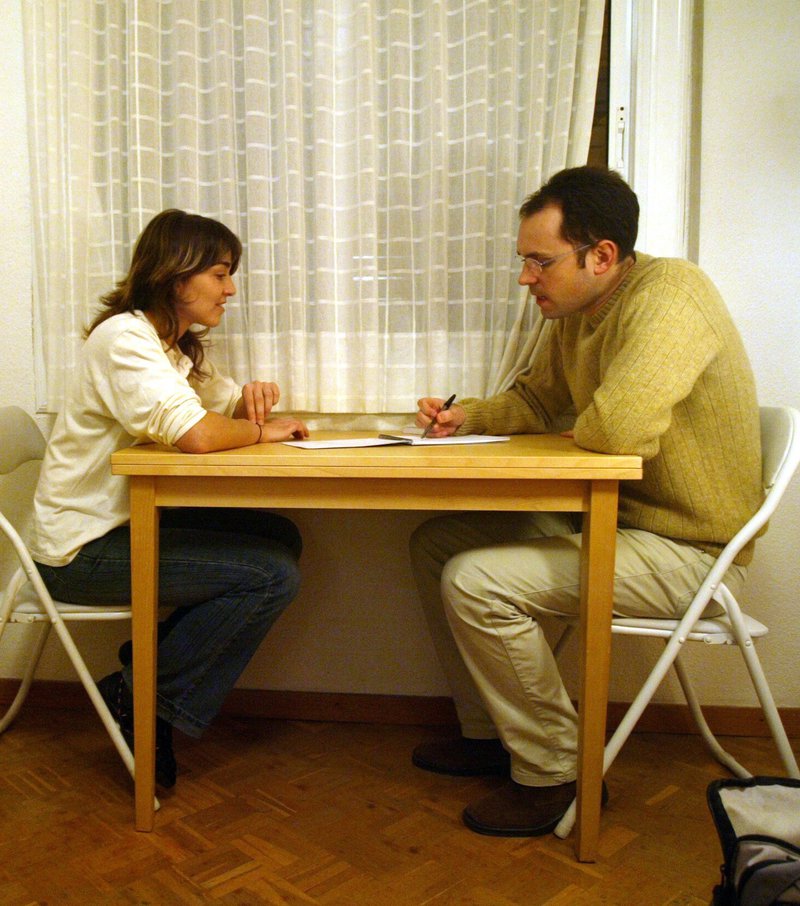MORE THAN teaching
Dear reader,
It seems I have misled you and that I was wrong about something I suggested in this column last year. In an article titled “House closed”, which was published in November, I wrote about how the International House chain of language schools folded across Catalonia and this meant that the owners made a decision to sack all 300 employees. That left them still only technically employed, because they were all being unpaid but also unable to claim unemployment benefits.
This was in addition to the shutting of Merit School in Barcelona and several others I used to work for (I won’t name them here.) With these separate closures creating what I saw as a collective tragedy, I inferred – without actually saying it – that from the Covid pandemic, the entire English-as-a-Foreign-Language (EFL) industry was highly likely to get flushed down capitalism’s stinking toilet. Not quite.
What is the case though is that teachers who still have jobs are being forced to do more for less.
Most people’s idea of a teacher is someone who stands in front of a blackboard or whiteboard and talks at a class. That’s what they see; just as what I see of a nurse is someone who walks into a hospital room and checks on me when I’m a patient. Of course, there’s a great deal more to it for anyone doing either of those jobs.
“Whenever two or more are gathered in education’s name,” EFL teachers will usually talk about how we are practically social workers/counselors or even a kind of friend to our students. This is one aspect of my work that I really enjoy and it’s especially popular in 1-to-1 classes, where some students divulge the most personal things without any colleagues around. Last week, I faced a student in an online class in tears about her recent divorce. I’d known her for two weeks.
In the recent past, I’ve also listened to male students confess their infidelities and tell me how they’re hiding ongoing affairs. I’ve had a female student come to class and spend repeated hours filling me in on how her husband manipulates her and tracks her movements. These are a few of the more dramatic examples, but a normal part of the job is hearing and absorbing complaints about coworkers, bosses or the government. We are seen by plenty of students as educators, but also as people who can be trusted because we’re not a fixed part of their workplace. At other times, it seems we’re like travelling salespeople who visit your office to spruik the health-giving properties of the English language. All this and much more.
But we are doing more, for less, as I said before. Pay rates have been pushed down even further by ‘client’ companies who dictate to smaller ‘academy’ language schools from what their budgets supposedly allow them to afford in these hard times. This financial burden has often been passed on to teachers who, already trapped in a low-paid industry, are being paid an industry standard contract rate of around 15 euros an hour. Before taxes. When my family and I moved here in 2006, I was being paid 21 euros an hour at an international secondary school. (A house cleaner in Catalonia is generally paid around 10 euros an hour this year. In cash. No taxes but also no social security.)
Precious few EFL academies pay higher than the norm and plenty of employers pay even lower, now incorrectly claiming it’s cheaper for teachers to work at home via online classrooms. And travel costs for petrol, trains, metro and buses going from the inner city out to Sant Just or Martorell or Terrassa? That’s been quietly forgotten about or scoffed at when requested.
I’m also doing more admin for the five different companies I currently work for. I have a couple of better paid private classes and I’m happy to have work again after a barren summer. But I’m not happy to do at least an hour every day of putting class data into each academy’s separate system. That’s on top of planning teaching sessions or writing student reports: all unpaid tasks totaling up to another hour every day.
And here’s a cost comparison for historical context. The price of petrol has gone up by 50% since we moved here in 2006. I don’t think I need to tell you about the jump in costs of rents in Barcelona or the price of electricity going up by 36% in the previous 12 months.
More work for less? Oh, yes.

